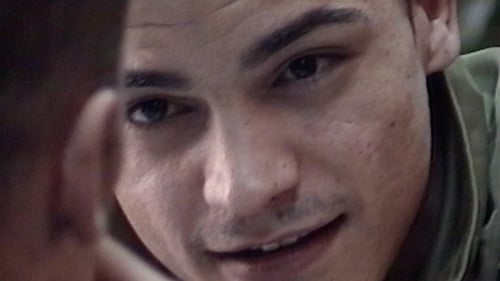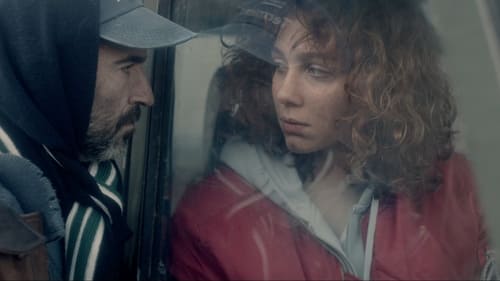
Director of Photography
It’s summer and a group of young women head off for a week to a house in the country in order to rehearse a play. In the peace and quiet of their natural surroundings, which provide a refuge from the intense heat of the sun, the women go through the text and dress up in their ruched period costumes, while in easy conversation they share their secrets, and also have little adventures.

Cinematography
Ernesto is unappreciated by those around him, but all of that will change when three, peculiar, new friends appear on the scene. They will do anything to help him get his self-esteem back, even if it leads him to prison... or an early grave.

Cinematography
The film trilogy "Tetuan, Tetuán, Tetwan" deals with the traces that the colonial past in Morocco has left in Spanish society through an experimental collaborative methodology. It examines cultural production, public space and the collective imaginary through the prism of the ghost, understood as an echo of silenced voices and historical facts. Developed with Moroccan and Spanish cultural agents, the project explores narrative strategies to resignify places such as the Plaça Tetuan in Barcelona, the neighborhood of Tetuán de las Victorias in Madrid or the cinema “Español” in the proper city of Tetwan, Morroco.

Director of Photography
영화의 원제 ‘발견의 해’는 콜럼버스가 아메리카 대륙을 발견한 1492년을 지칭한다. 반면 현대 역사에서 ‘발견의 해’로 얘기되는 1992년은 바르셀로나 올림픽과 세비아 엑스포가 열려 ‘강국 스페인’으로서의 이미지를 다시금 내세운 해였다. 또한 무르시아 지역 산업 위기로 엄청난 규모의 노동자 시위가 일어난 때였으나 미디어는 ‘잔치’만을 기록하기에 바빴다. 영화는 1992년과 현재를 오가며 무르시아 시내 한 카페에서 다양한 연령대의 사람들이 나누는 대화를 기록한다. 일상 얘기부터 노동조합, 인종 차별, 파시스트, 독재로 이어지는 토론까지 카메라는 화자와 청자를 클로즈업해 보여준다.

Cinematography

Director of Photography



